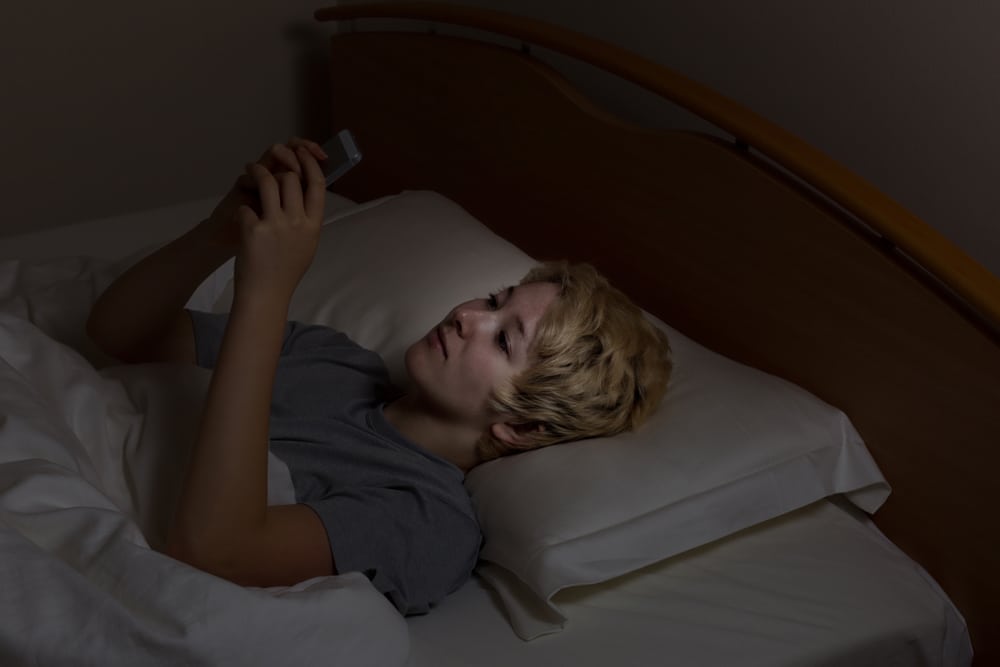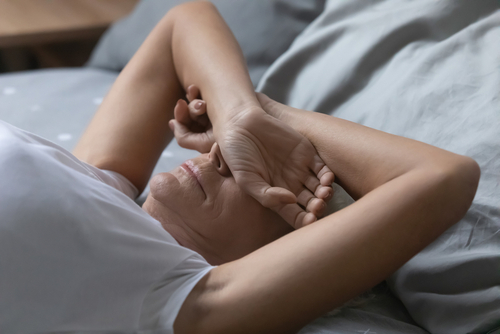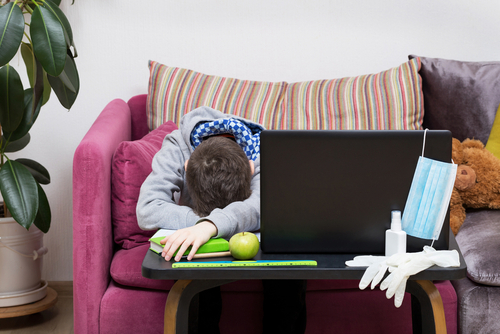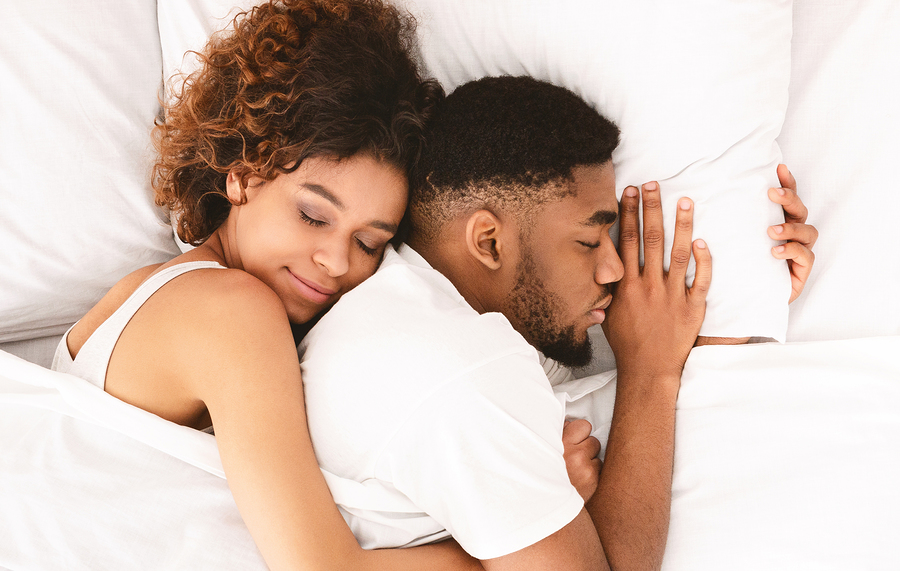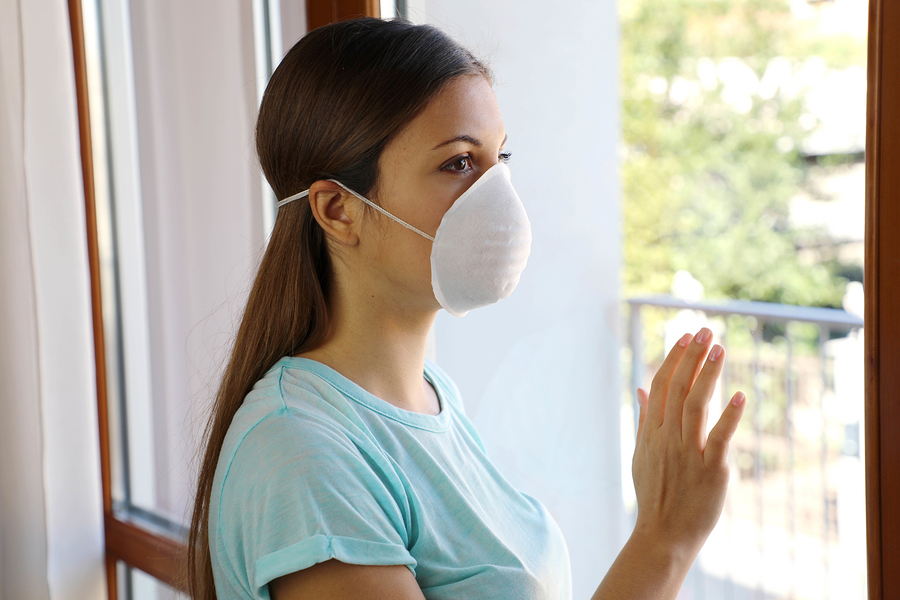With technology dominating the teenage bedroom, getting them to bed on time is more difficult than ever. Here are some facts and tips that might help your teenager sleep better.
Some facts:
Teenagers go through “the sleep phase delay”, which puts back their need to sleep for about two hours to between 10:00 and 11:00pm
Teenagers need 8 to 10 hours sleep.
Studies have shown that using a computer in the hour before bed makes it three times more likely to get less than 5 hours sleep. In addition, the use of all technology in the hour before bedtime was significantly associated with taking longer to fall asleep.
Using screens both stimulate the brain and emit ‘Blue light’ which then acts like the morning sunlight, waking us up by switching off the Melatonin (the sleep hormone) production in the brain. This is the opposite desired effect for the evening time, as to help us sleep Melatonin needs to be switched on in the dark.
Tips To Help Your Teenager Sleep Better:
1. Have a set a technology curfew for the whole family
Put all technology off at least one hour before you go to bed including all mobile phones
2. Parents keep all technology out of the bedroom overnight
If parents keep technology out of their bedroom overnight , it sets the example for the whole family that technology and sleep don’t go together.
3. Remove all phones from the bedroom before going to sleep
These days most teenagers both study in their bedroom and talk and text to their friends on the phone too. Phones should be removed from the bedroom overnight in order to avoid the temptation to use them.
4. Reduce blue light
Dim your computer screen or wear glasses that block out blue light. Install a blue light filtering system such as flux (justgetflux.com) on your computer and electronic devices. Always use the nighttime mode on your devices.
5. Have a relaxing bedtime routine
Avoid stimulation close to bedtime. Finish all computer games and studying as early in the evening as possible. After this have a relaxing routine such as reading a novel or having a bath.
6. Caffeine
Avoid caffeine after lunch, as it is a stimulant. This is all coffee, diet drinks, tea, energy drinks and chocolate.
7. Exercise and healthy diet
Exercise and a healthy diet will help to support a good night’s sleep
8. Weekend Lie-ins: Maximum 2 hours
Whilst it is prudent to allow teens to sleep in on the weekend to catch up with sleep, limit their lie in to a maximum of two hours. Any longer will potentially will disrupt the teenage body clock, making it harder to wake up for school on Monday morning.
9. Educate teenagers on how screen usage affects sleep
Give your teenagers the facts about how screen time stimulation and blue light late at night will both prevent getting to sleep easily and reduce the amount of overall sleep.
10. Be patient
Always come back to setting the example yourself, and gently but firmly chip away at the current status quo. Remember that a teenager’s brain has a burst of development at this time especially parts associated with complex behaviour and decision making. Negotiating boundaries with them often becomes an art rather than a science.


